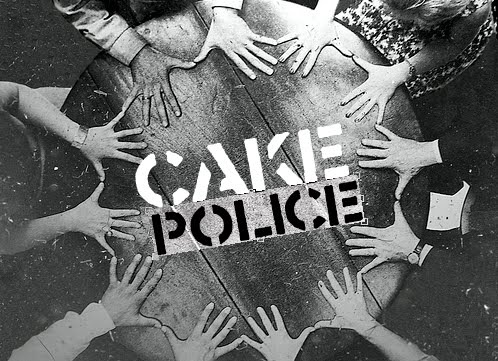"For the artist, most like, the avant-garde has always been a means of resolving a specific historical contradiction: that of an unmasked bourgeoisie which could no longer proclaim its original universalism except in the form of a violent protest turned against itself: initially by an esthetic violence directed against the Philistines, then, with increasing commitment, by an ethical violence, when it became the duty of a life style to contest the bourgeois order (among the surrealists, for example); but never by a political violence.
"Why? Because, in a historical perspective, this protest has never been anything but a proxy: the bourgeoisie delegated some of its creators to tasks of formal subversion, though without actually disinheriting them: is it not the bourgeoisie, after all, which dispenses to avant-garde art the parsimonious support of its public, i.e., of its money? The very etymology of the term designates a portion - a somewhat exuberant, somewhat eccentric portion - of the bourgeois army. As if there were a secret and profound equilibrium between the troops of conformist art and its bold outriders. What we have here is a phenomenon well known in sociology, the phenomenon of complementarism, of which Lévi-Strauss has given an excellent description: the avant-garde author is somewhat like the witch doctor of so-called primitive societies: he concentrates the irregularity, the better to purge it from society as a whole. No doubt the bourgeoisie, in its declining phase, has required these aberrant operations which so noticeably label certain of its temptations. The avant-garde is in fact another cathartic phenomenon, a kind of vaccine intended to inject a little subjectivity, a little freedom under the crust of bourgeois values: we feel better for having taken part - a declared but limited part - in the disease." - Roland Barthes
Monday, April 12, 2010
Subscribe to:
Post Comments (Atom)

Two posts in one night! What a treat!
ReplyDeleteThis is an interesting excerpt, and, I think, right on the mark. Artists of the avant-garde, especially those who seek to enact a so-called "revolution" through formal subversion, are never as incendiary as they believe themselves to be. The "revolution" of artists and thinkers like Mallarme, Artaud, and Queneau (and I list them because they are my favorites, and yet still fail in this respect) don't stand up to any kind of litmus test with actual socio-economic change as its goal. What they are really doing (assuming their self-awareness) is trying to enact a shift in the way bourgeois art communicates. And this, I would argue, is a significant task. The problem is that this breeds art that communicates on an individual level, and is incapable (and perhaps unconcerned), with the creation of an art that communicates on a truly universal level (if this is at all possible), and concerns itself with real change in the socio-economic structure; the effectiveness of which is also dubious, since this itself is often found harmlessly (and in fact even in a way that perhaps effectively strengthens the establishment), in many avant-garde movements.
In this sense aesthetic progression serves much the same role as the occasional doling out of small privileges by the rulers in their castles such as the right of women to vote, civil rights for African-Americans, the impending legalization of same-sex marriage, etc.. These are absolutely essential things for a just society, obviously. However, they are also actions which the ruling class uses to justify itself. They help support the illusion that, although this system is not perfect, it strives to be the "best we can do".